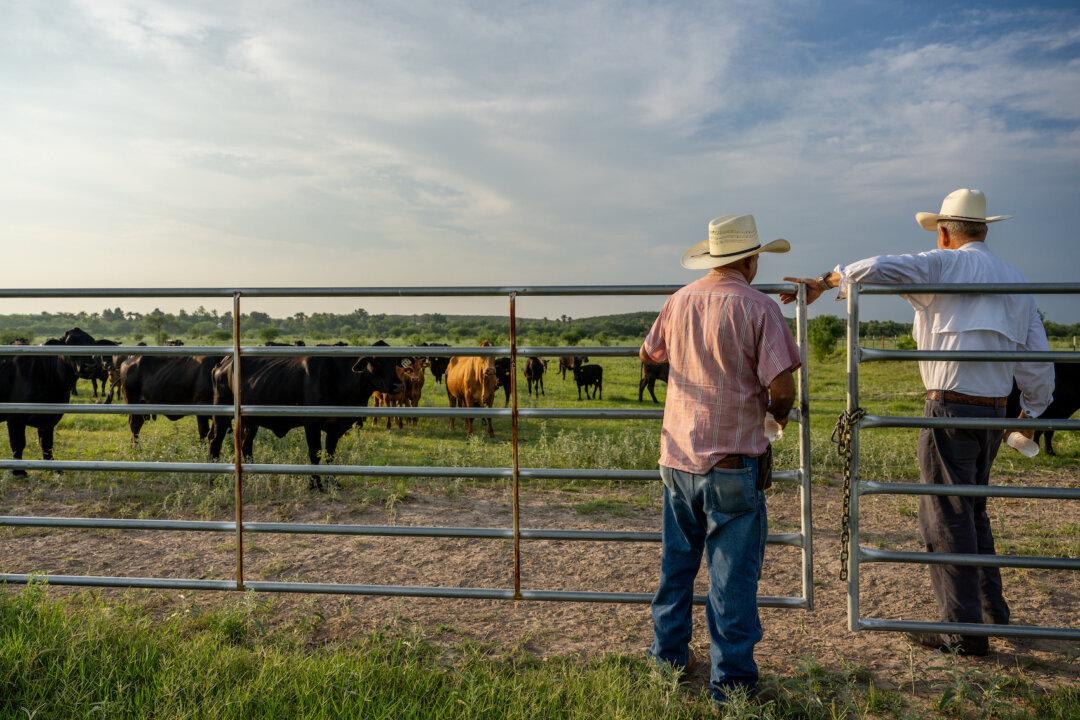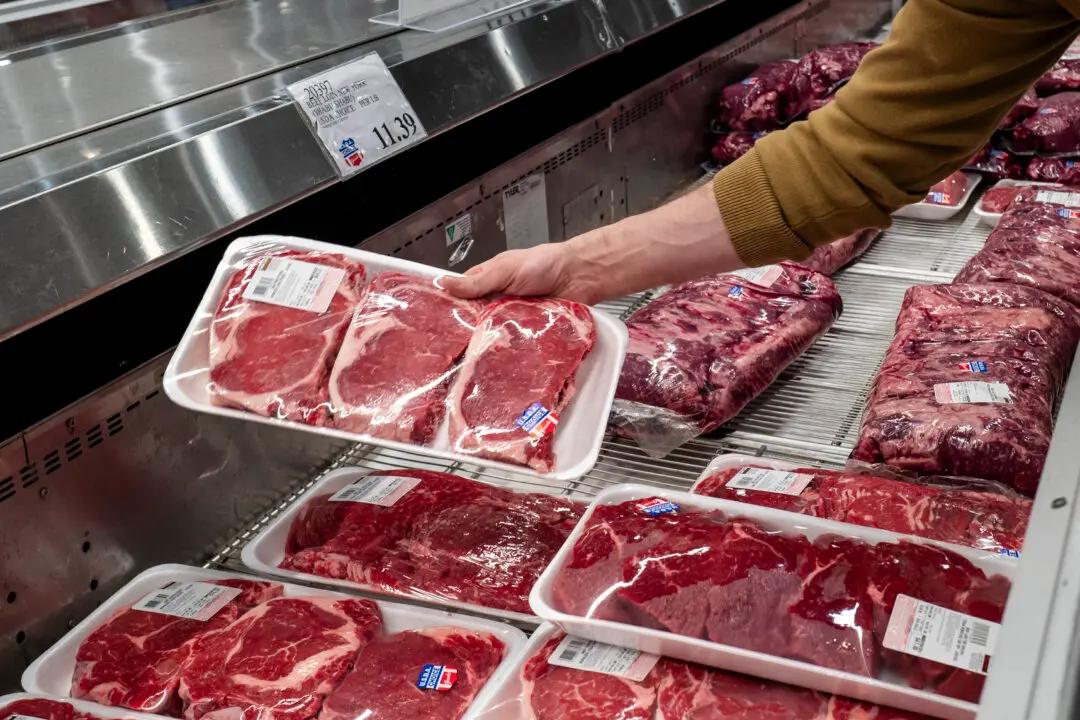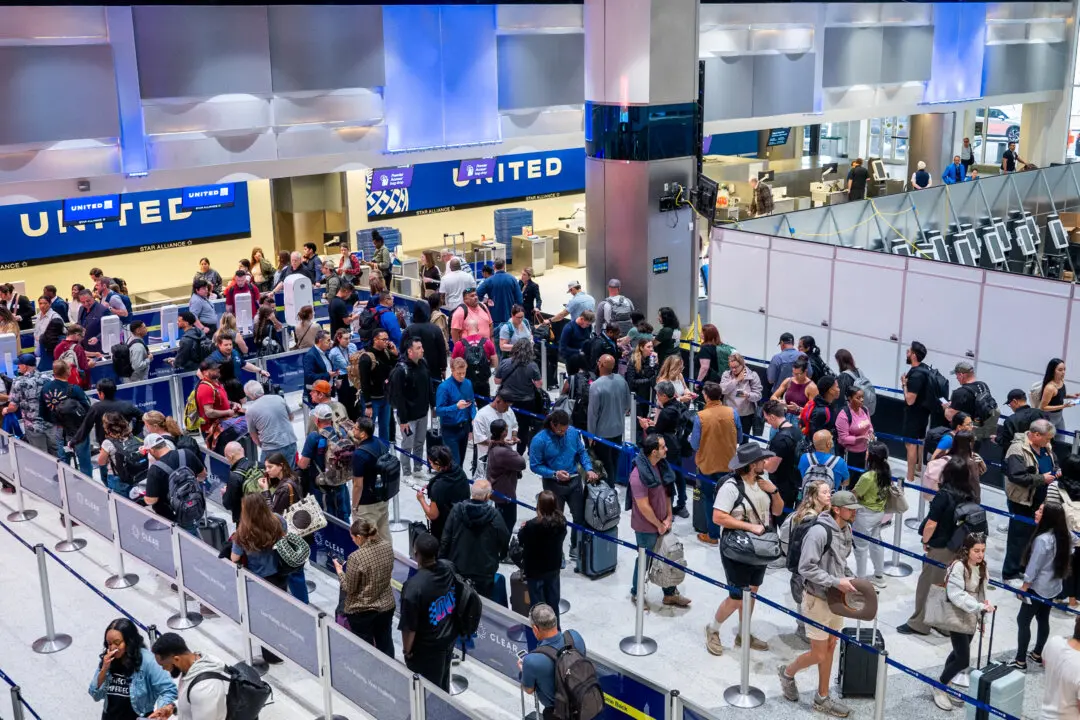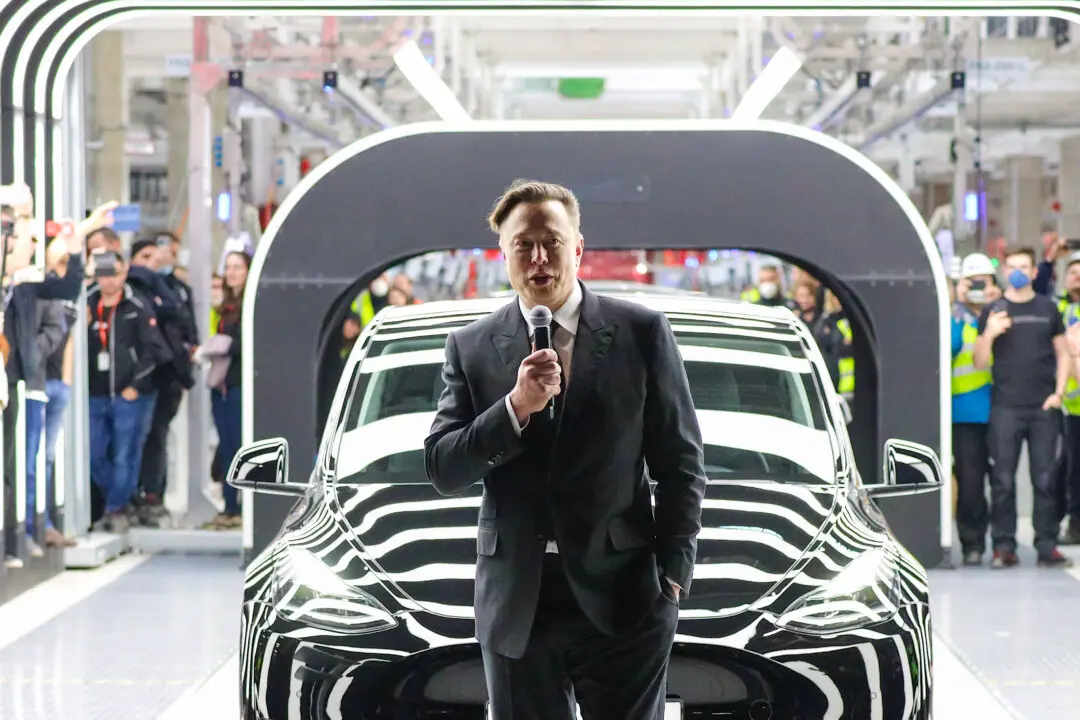If the United Nations told Americans to eat less meat, would they? Probably not, according to one expert.
During the COP28 summit, developed nations appear likely to be told by the UN’s Food and Agriculture Organization they need to cut back on meat consumption to help fight climate change.





